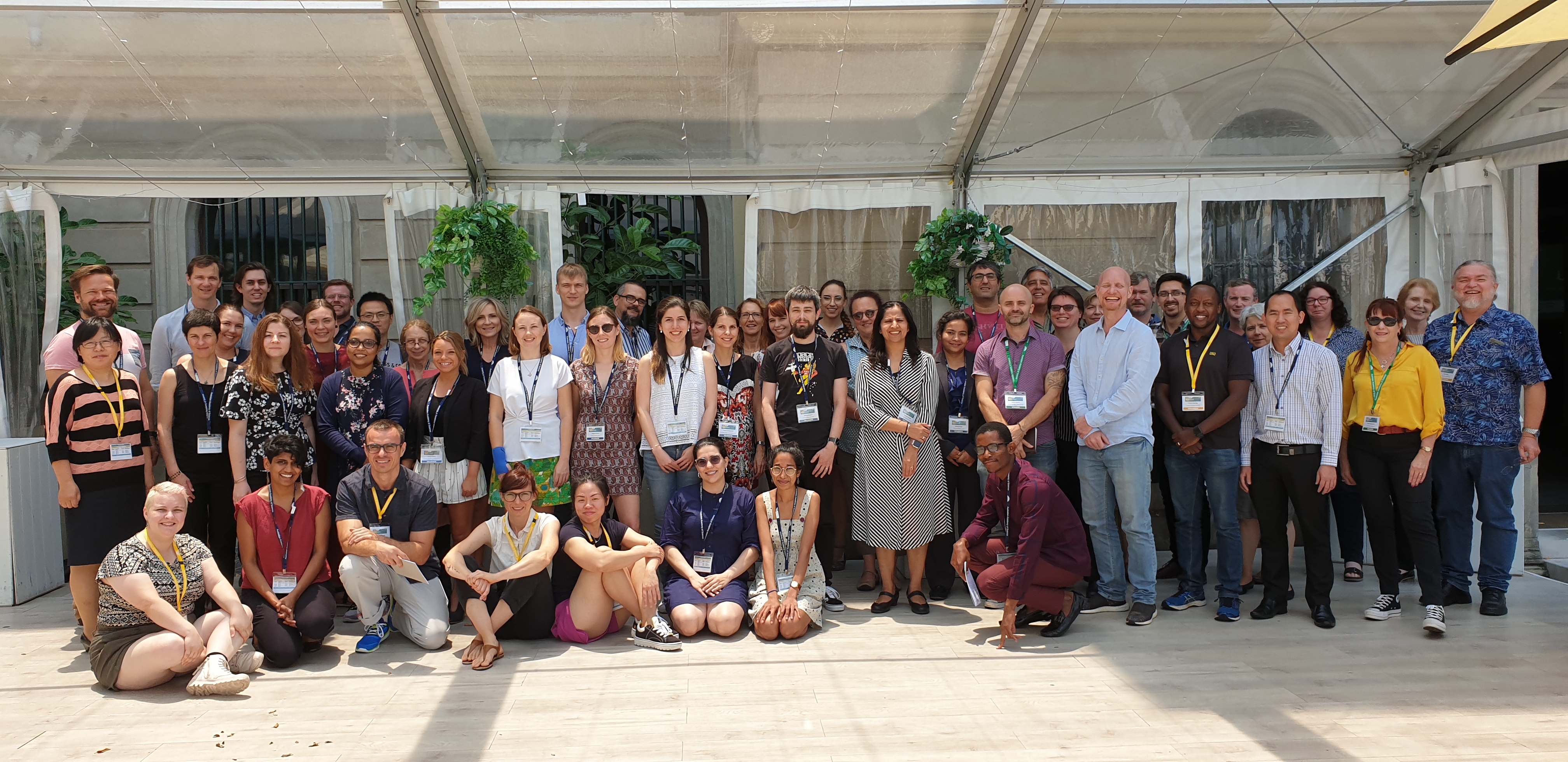Open science
Reproducible science is better science!
Teaching & implementing reproducibility
I had an enormous pleasure to be involved in organisation and delivery of re:produce workshop in Brisbane. Together with a small team of brilliant EMCRs and support from Theo Murphy Initiative of Australian Academy of Science we delivered an event teaching practical aspects of implementing open science. Materials from the workshop are archived on OSF.

I am also an active member of Swiss Reproducibility Network where I contribute to the work of Bern local node and Preregistration, Training and Computational Reproducibility initiatives. One of the first output of this group is 10 rules paper.
In my current role in IeDEA project I am leading open science working group that implements version control for our analysts and works toward establishing better practices in data quality, access and archivization.
Reproducible papers
I aim to conduct my research following principles of open science. Ideally, the research I lead and have sufficient amount of control over will have its analytical code and data published. Example of such approaches can be found in the systematic review of the TEMPO project or the analysis of historical trends in excess mortality. In cases where data cannot be shared openly we aim to provide aggregated and anonymized data or at least the code used to perform analyses (like in the COVID-SEP project).
SCORE project
I was involved in three replications of the Centre for Open Science’s SCORE project. I acted as data finder and data analyst and attempted replication of three papers: Fielding-Miller et al. (2020), Siedner et al. (2020) and Kim & Radoias (2016).
- Posted on:
- February 7, 2022
- Length:
- 2 minute read, 261 words
- Categories:
- reproducibility open science training
- Tags:
- academic